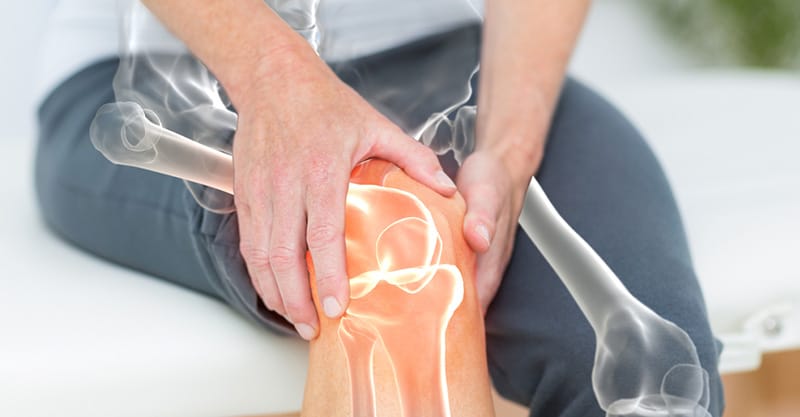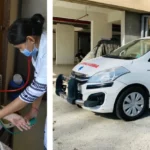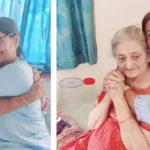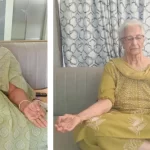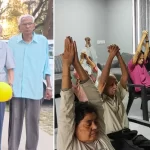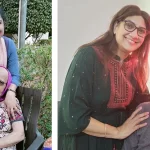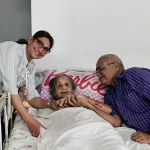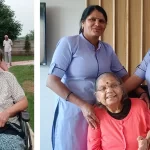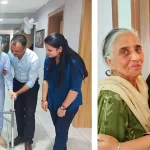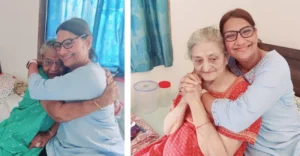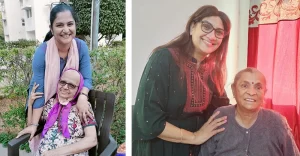As we age, the chances of developing orthopaedic problems are likely to start showing up. Osteoporosis, arthritis, and fractures are the most common issues that older patients face. It could also be your parents as they age and suffer from joint and bone issues. If they are not addressed and not treated, the problems could escalate into a more severe condition, restricting their mobility.
Consequently, you must ensure that your ageing parents have the best quality of life by paying more attention to their health and well-being. Nevertheless, this does not mean you are aware of their movements; it also doesn’t mean you will put all of your time and resources into it.
Age-related orthopaedic issues
1. Osteoarthritis
1 in 3 people over the age of 65 suffers from Osteoarthritis. This is a degenerative illness that primarily affects the fingers, ankles, hands, spine and knees. Osteoarthritis causes difficulty in carrying out everyday tasks, particularly those that require movement, flexibility and precise motor control. An orthopaedic expert can recommend ways to ease discomfort and improve flexibility.
2. Fractures
Another serious issue that elderly people face. As they age, their bone mineral density diminishes. This is most often a problem in postmenopausal women. The lower levels of minerals cause less brittle, weaker bones. The problem gets worse as adults experience more unstable balance and vision issues and this is the reason for an increased risk of breaking. Exercises for strengthening are beneficial to building bone strength that can reduce the chance of breaking the bone.
3. Dislocations
If a joint gets dislocated the bones of the joint move away from their original position. This usually occurs following an injury, such as a fall. the jolt forces bones from the joint. Seniors with dislocated joints feel immediate pain that eases once an appointment with a doctor to bring the joint back into the correct position.
4. Osteoporosis
Bone mass is highest around 30 years old and decreases as we get older. This increases the chance of developing osteoporosis in the elderly. This is a bone disorder that is linked to lower bone density and a decrease in general bone mass. When the bone-building process is not able to keep pace with the loss of bone mass, the bones weaken and become brittle.
Tips for Ortho Care for The Seniors
Below listed are three tips to follow for providing Ortho Care for Seniors:
- Encourage Them To Walk More
Active living is one of the best ways to maintain healthy joints and bones. As people age and get older, they become passive, engaging in fewer physical activities. Avoid encouraging your parents to become passive.
Get out and walk more. Although they may not be excited about going to the gym or even doing traditional freehand exercises from home, they can do the most effective option is to take a walk.
After eating, encourage them to go for a walk. Walking can help strengthen bones. Make them get up early in the morning and go towards the local park for a walk.
- Maintain an appropriate weight:
For every 10 pounds. of the extra weight, the body has an increase of 36% to develop osteoarthritis. In addition, being overweight puts more pressure on joints, which can cause muscle weakness and accidents probable.
- Build a strong core
Strong core muscles can help you to balance your body weight. Yoga or Pilates are two great types of exercises that can strengthen your core muscles and boost orthopaedic health.
- Lightweight, comfortable shoes:
Supportive shoes promote proper alignment. Women who wear heels frequently increase the risk of suffering from knee and back pain.
- Stretch before exercising:
Stretching is crucial to keep flexibility, increase performance and reduce stress-related injuries such as strains and sprains. If you plan to lift weights or engage in high-impact aerobics, focus on stretching and warm-up exercises prior to and after exercising. These kinds of exercises help promote more flexibility and aid in preventing joint and muscle injuries.
- Adjust Their Daily Diet
Your diet plays an essential aspect in your overall health. Although your bones may be able to cope well with a diet that is inadequate in the 20s, 30s and even in your 40s, it’s not always the case as you age and your bones begin losing weight. The requirements for them change with the ageing process, requiring more of the essential nutrients.
Does it look healthy? Does it require any modifications? Do they get more of the nutrients they need? Most importantly, ensure that your meals are high in calcium and vitamin D. Also, ensure that they’re getting more protein, vitamin B12, magnesium and vitamin C, All of which are vital for bone health.
You should try to avoid processed food and opt for more natural food items. A few of the foods which help to build stronger bones include nuts, milk, tofu and sardines, beans, leafy greens and salmon. Include these ingredients in the daily menu.
- Take Them To An Orthopedic Doctor Regularly
This is vital!
Even if all “looks fine”, it’s essential to take your parents to an experienced joint and bone expert for regular examinations. The doctor will perform an examination. If there are any issues, it is recommended to conduct tests and prescribe medications. If the issue is severe, they may suggest treatment as a last resort.
Usually, early detection can enable better and more efficient treatment, assisting your parents in maintaining their bones and joints in healthy shape.
After your first appointment, make sure you do not forget to follow up with your Doctor. Be sure that your parents are following the recommendations of the doctor regularly.
Conclusion
There are three things you can do to guarantee your parents’ medical condition. The key to strong joints and healthy bones doesn’t lie in any magical treatment or exercise. It’s simply making small, daily steps beginning at an early age.
Your parents might not have paid attention to their health and wellbeing in the orthopaedic field until now, so you must end their resistance. Create a specific plan that they must follow to ensure they’ve got the least amount of joint-related and bone-related issues when they have any.
There will come occasions when you require the possibility of Assisted Living for an elderly parent. If your parent requires regular care from a skilled nurse, Papayacare is the ideal alternative.

